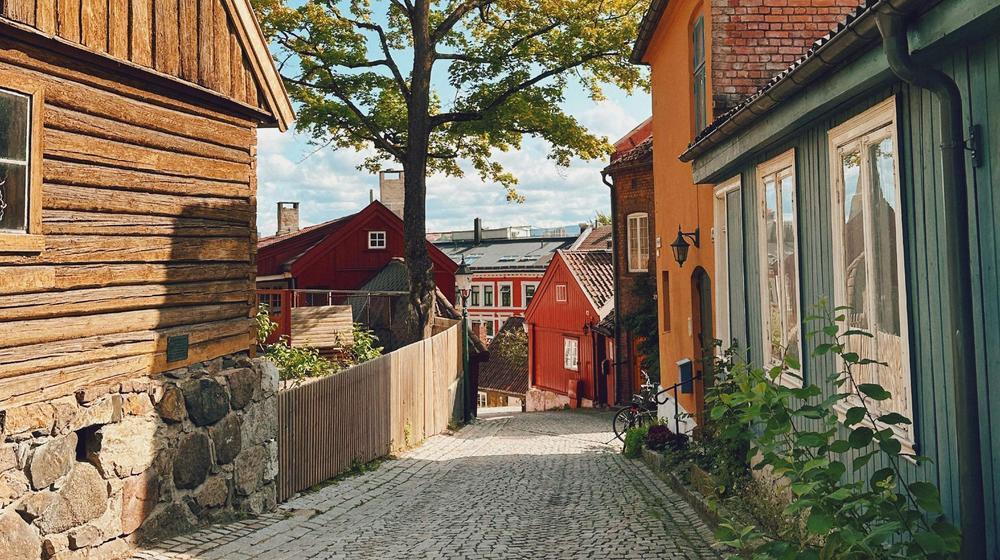Energy-efficient retrofitting and housing in Norway: Policy limitations and social implications
At the 2025 ENHR Conference in Paris, Rebecca Cavicchia and Roberta Cucca (Norwegian University of Life Sciences) presented their research on the social implications of energy-efficient retrofitting in Norway – a topic of growing urgency as climate goals reshape urban housing agendas across Europe.
Their study critically examines how retrofitting policies intersect with Norway’s liberalised housing model, shedding light on how these dynamics may reinforce or exacerbate housing inequalities. In the absence of legal mandates, retrofitting in Norway is primarily driven by financial incentives, administered through national tools like Enova and Husbanken. Yet these schemes often lack social targeting, placing the burden of action on homeowners and property owners while leaving tenants and lower-income groups with limited access to energy improvements.
Drawing on interviews with policymakers and practitioners as well as a stakeholder Policy Lab, the authors identify key barriers to an equitable retrofit transition: inadequate support for tenants, administrative and financial obstacles for cooperative housing and stark territorial disparities in municipal capacity.
The presentation highlighted that retrofitting, while vital for decarbonisation, may unintentionally deepen social divides if not embedded in a more inclusive housing policy framework.
Publishing date:
